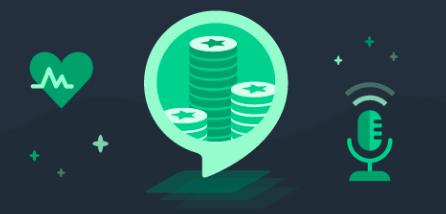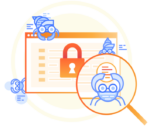
Amazon is giving Alexa developers a chance to make money with the announcement of new forms of monetization. According to the company, this would help bring new, engaging and high quality experiences in front of customers while providing developers with ways to earn money for their skills.
First, developers can start making money by selling “premium digital content” in order to enrich their Alexa skill experience. Developers will be able to add one-time purchases that unlock access to features or content in skills or subscriptions that offer access to premium features for a period of time.
Secondly, the company announced Amazon Pay for Alexa skills will enable merchants and developers to use Amazon’s voice purchasing flow to sell products through their Alexa skill.
Other ways developers can make money is through the Alexa Developer Rewards program and selling physical goods and services through Alexa Skills.
Google announces new build and versioning scheme
Google is giving Android SDKs for Google Play services and Firebase a new build and versioning scheme. According to the company, this could require developers to change the way they build their Android apps.
New with the scheme includes: all dependencies will now use semantic versioning, each dependency will be updated individually to removes the need to upgrade them all at once, and each dependency will have a faster cycle for bug fixes and new features.
“With these changes in place, you are now able to adopt new versions of the various SDKs more freely, without a strict requirement to update everything at once,” Doug Stevenson, developer advocate at Google, wrote in a blog post. “It also enables the development teams for each SDK to ship fixes and enhancements more quickly.”
Colab provides a new way to learn and use TensorFlow
Developers looking to leverage the open-source machine learning library TensorFlow can now use Colaboratory. Colaboratory is a hosted Jupyter notebook environment that is easy to use and requires no setup. It has been seen in the machine learning crash course and the library’s eager execution tutorial.
In order to use Colaboratory, the TensorFlow team suggest creating a new notebook with TensorFlow already pre-installed, setting up libraries and data dependencies in code cells, using it with GitHUb, sharing and editing collaboratively, and switching your notebook to run with GPU.
Visual Studio Code April release now available
Visual Studio Code has announced updates to the April 2018 release. Updates include highlighted indent guides; running actions when you save, find, run, and debug NPM scripts in a project; choosing which files display errors and warning; and creating regions for helpful code folding.
Other updates include suggestions for CSS experimental properties, searching for Markdown headers across the entire workspace, creating your own Activity Bar items, and a tutorial to deploy a static website to Azure Storage.
More information is available here.






